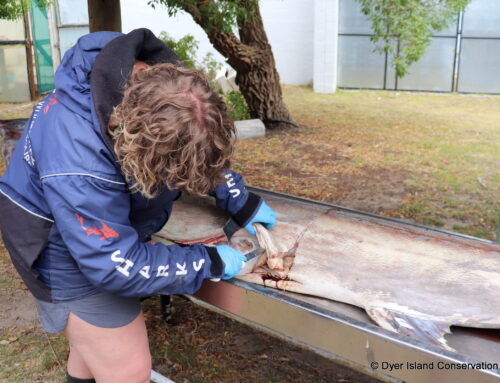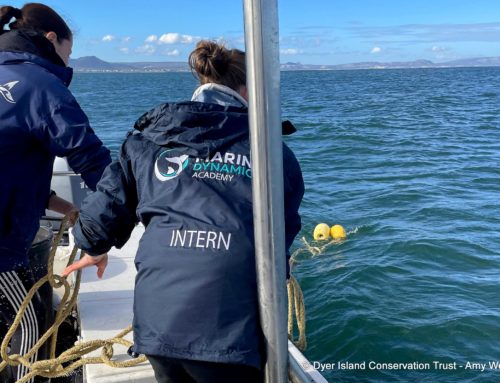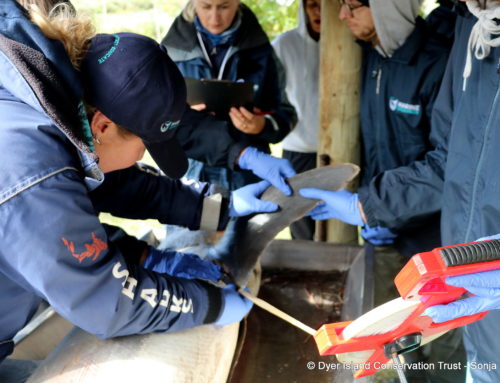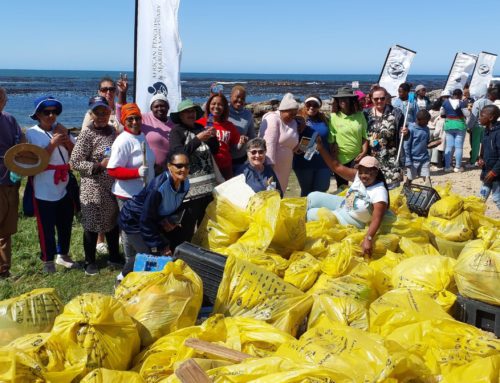DICT was recently awarded a grant by NLDTF
November 29, 2011 by dyertrust
The European Commission presented draft legislation forbidding shark finning by all vessels fishing in EU waters, and all EU-registered vessels operating anywhere in the world.

The DICT is involved in valuable research of the legendary apex predator, the great white shark, an important part of the oceans ecosystem. There remain an estimated 3500-5000
great white sharks left in the world. Important fin identification studies help identify individuals and contribute toward populations dynamics. The current Faces of Need Shark project, involves acoustically tagging the great white and manually following their movements in the shallows of Gansbaai during the summer months. In winter it is has been established they are there to feed on the Cape fur seal pups breeding on Geyser Rock but little is known about their small scale movements and through tagging various questions such as why they move to the shallows – food or mating; interactions with other species such as dolphins; and the population dynamics and effect of sea conditions will hopefully be answered.
Founder of DICT, Wilfred Chivell says, Thus far it has been through tourism that helps supports our scientific research and provides the market for the sales from the craft project. Through Marine Dynamics Shark Tours and Dyer Island Cruises whale watching, we are able to educate clients who in turn support the projects of the DICT. It is wonderful to receive this support from the lottery.
The NLDTF relies on funds from the proceeds of the National Lottery. The Lotteries Act and regulations guides the way in which NLDTF funding may be allocated. The NLDTF wants the grants to make a difference to the lives of all South Africans, especially those more vulnerable, and to improve the sustainability of the beneficiary organisations. Available funds are distributed to registered and qualifying non-profit organisations in the fields of charities; arts, culture and national heritage; and sport and recreation. By placing its emphasis on areas of greatest need and potential, the NLDTF contributes to South Africas development.




